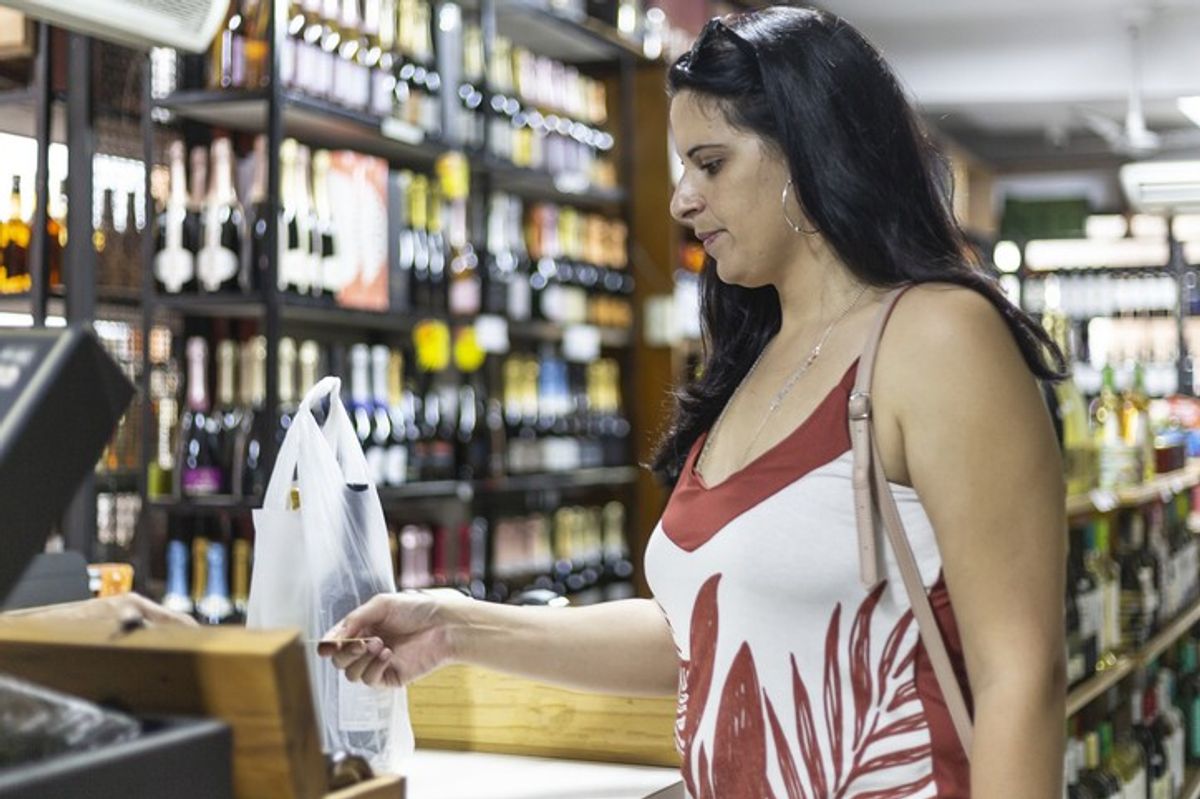About 37 per cent of convenience stores are failing to pass ID check tests, states a recent report, highlighting that the sector is a profitable business with constant reported growth though growing number of stores also imply more access of restricted items like tobacco and alcohol to minors.
According to latest research by ID Crypt Global, UK convenience store market has increased by almost 4.1 per cent in size in 2022, generating revenues to the tune of £47billion.
It is estimated that 37 per cent of businesses are failing on ID checks, states the report, adding that with the growth of the sector suggesting more minors are able to purchase items such as tobacco and alcohol illegally.
Based on the current number of UK convenience stores, the report claims that’s some 11,752 businesses that are not currently operating as they should when it comes to their legal obligation to prohibit the sale of items such as tobacco and alcohol to minors.
There are an estimated 31,763 convenience stores across the UK, over 2,000 more than there were just a decade ago. In fact, with the exception of the pandemic (2020 to 2021), the number of convenience stores operating within the UK has increased every year since 2012. The total size of the convenience sector is now 37 per cent higher than what it was ten years ago, states the report.
"It’s great to see that despite the dominance of the UK’s big supermarket chains, the smaller convenience store still holds a place in society and the sector has been growing consistently over the last decade,” reports quoted CEO and Founder of ID Crypt Global, Lauren Wilson-Smith, as saying.
“Of course, the downside to this often-independent outlet can be the resource and budget available, which can prevent them from implementing developing technologies to better serve and protect the consumer.
“For example, we’ve seen the sophisticated advances that many big brands have now made within their checkout infrastructure, with self-serve checkouts that help streamline the process while still ensuring that any age prohibited products are flagged.”
Wilson-Smith continues saying that it is an area of concern for smaller convenience stores “with well over a third failing ID check tests altogether,” she said.
“This is largely down to human error, with many minors knowing that a smaller store with fewer staff and technology resources is an easier target to the often more rigid approach taken by big supermarket brands.”


